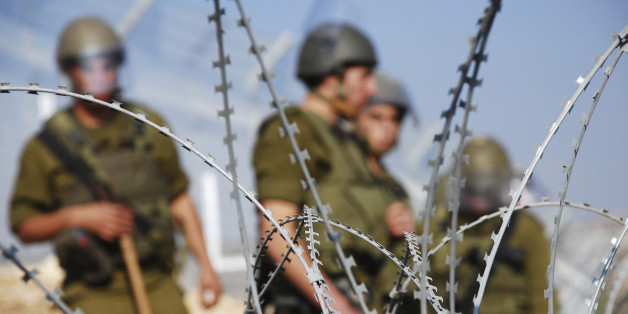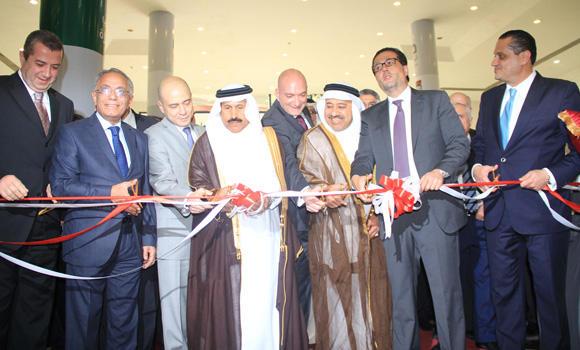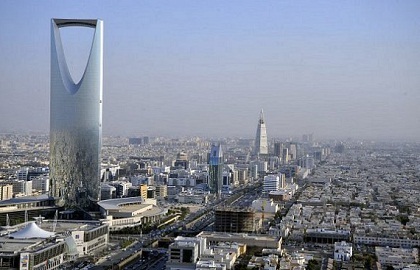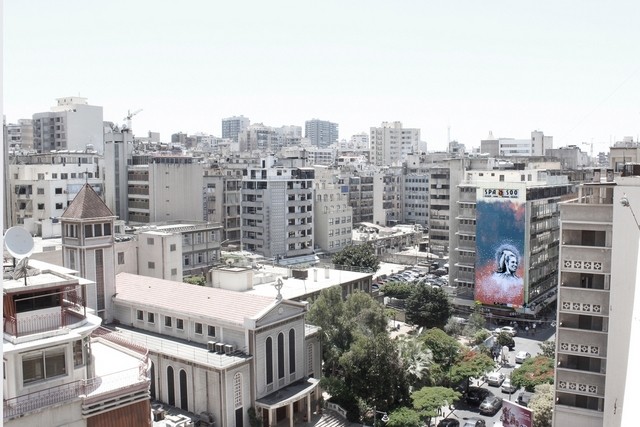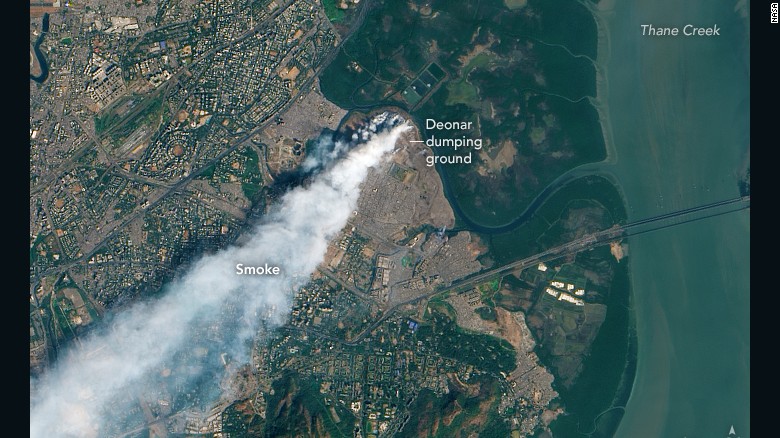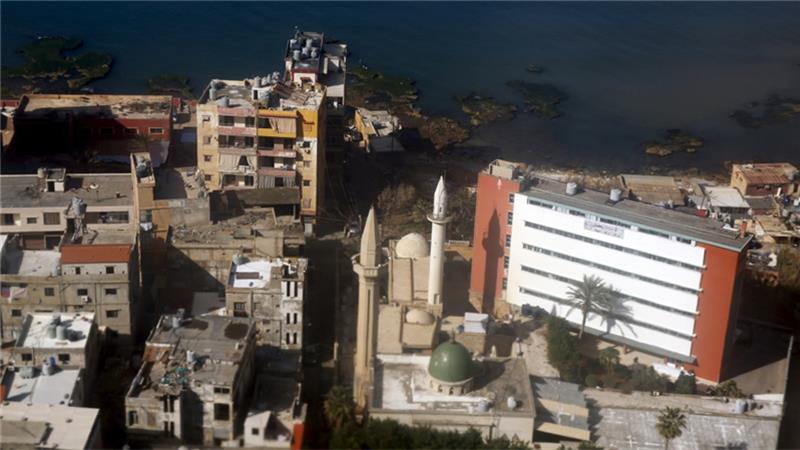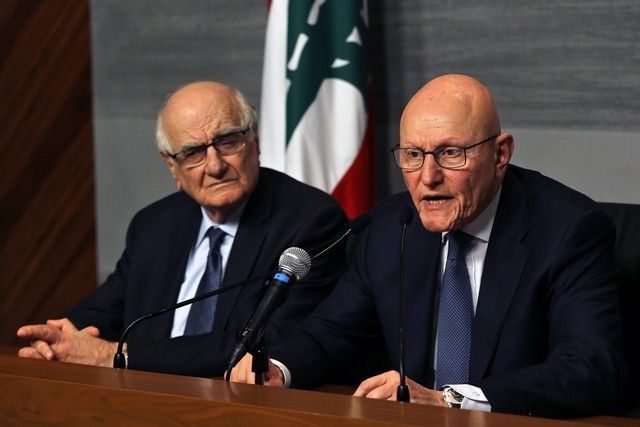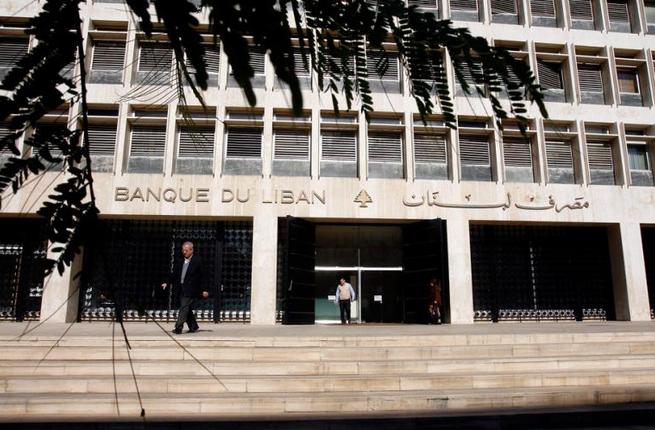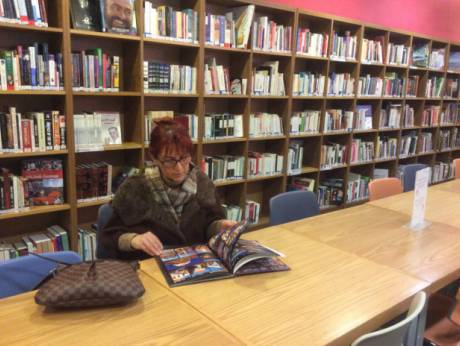
Joseph A. Kechichian, Senior Writer
Beirut: Lebanon boasts the highest rate of reading among Arab states and ranks an impressive 37th globally. But, despite its 95 per cent literacy rate, many believe that the pursuit of knowledge remains an elitist privilege in the country as many Lebanese cannot afford to buy books.
This is why public libraries have always been and continue to be an important resource for Lebanese.
Before the civil war (1975-1990), Lebanon boasted dozens of public libraries even in remote villages, which would each summer draw an influx of residents eager to benefit from such facilities.
During the period of reconstruction that followed the war, the priority was a clean-up campaign given the scale of destruction and the country’s intellectual needs took a backseat.
